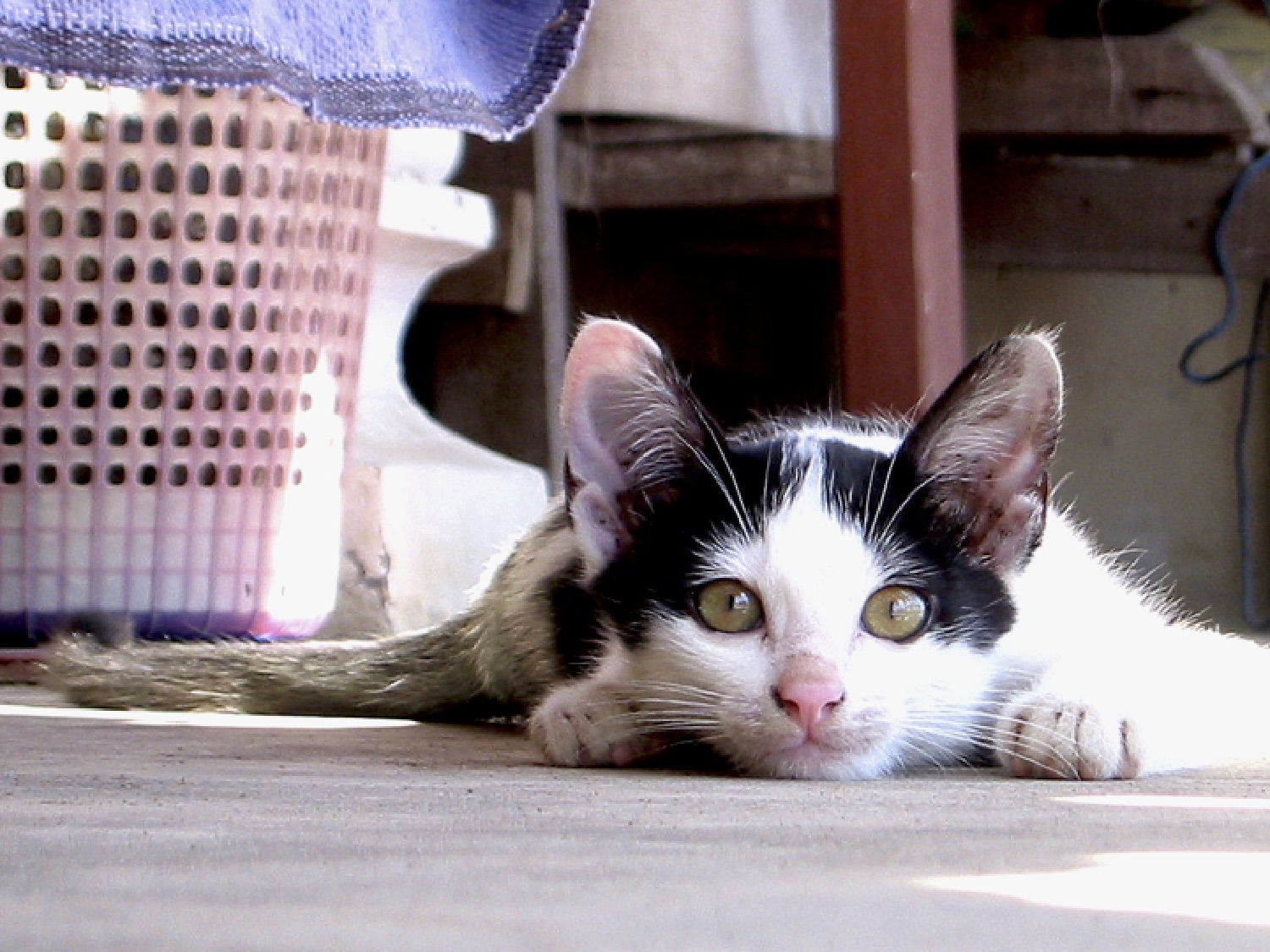Click here and press the right key for the next slide (or swipe left)
also ...
Press the left key to go backwards (or swipe right)
Press n to toggle whether notes are shown (or add '?notes' to the url before the #)
Press m or double tap to slide thumbnails (menu)
Press ? at any time to show the keyboard shortcuts
A Question

The picture Descartes opposes on two counts: (i) extension is the single essence of all external bodies,
and (ii) we do not know essence through sensory perception.
How can we acquire knowledge about the essential nature of the bodies located outside us?
Each body has a form, which is its essential nature.
What is that?
\section{Forms}
What is an Aristotelian form?
It ‘is not a subset of the properties that the organism [or thing] has, but rather a set of those that are
proper to it, and towards which it strives or tends. Why does an acorn develop into an oak rather than
a pig? Because of its special relation to the form that defines oak: it develops as it does because,
while still an acorn, it lacks some of the properties that oaks have, and is somehow drawn towards
instantiating that form more fully’ \citep[p.~10]{bennett:2003_learning}.
It’s cat form is what makes a cat catty,
and what makes the kitten grow into a cat (when things go well).
When a body is perceived, its form thereby enters the mind.
No, be serious. How could a form enter the mind?
When you perceive a cat, it’s not that the cat gets inside your mind.
(Sounds painful.)
So how could the form enter your mind?
It’s that cat distracting us. Let’s get serious.
When a body is perceived, your sensory perception resembles the body’s form.
Thanks to this resemblance, your sensory perception acquaints you with the forms (essential natures) of bodies.
This is based on: ‘According to the scholastic theory, the forms that
entered the senses and thereafter the mind from external objects made the
contents of the senses and the mind like the external objects: the objects, the
senses, and the mind were supposed to have in them the very same forms’ (Sorell
2001 p. 75).
not
Descartes’ view
In fact Descartes wanted to oppose this view.
Why did he want to oppose it? And how Descartes oppose it?